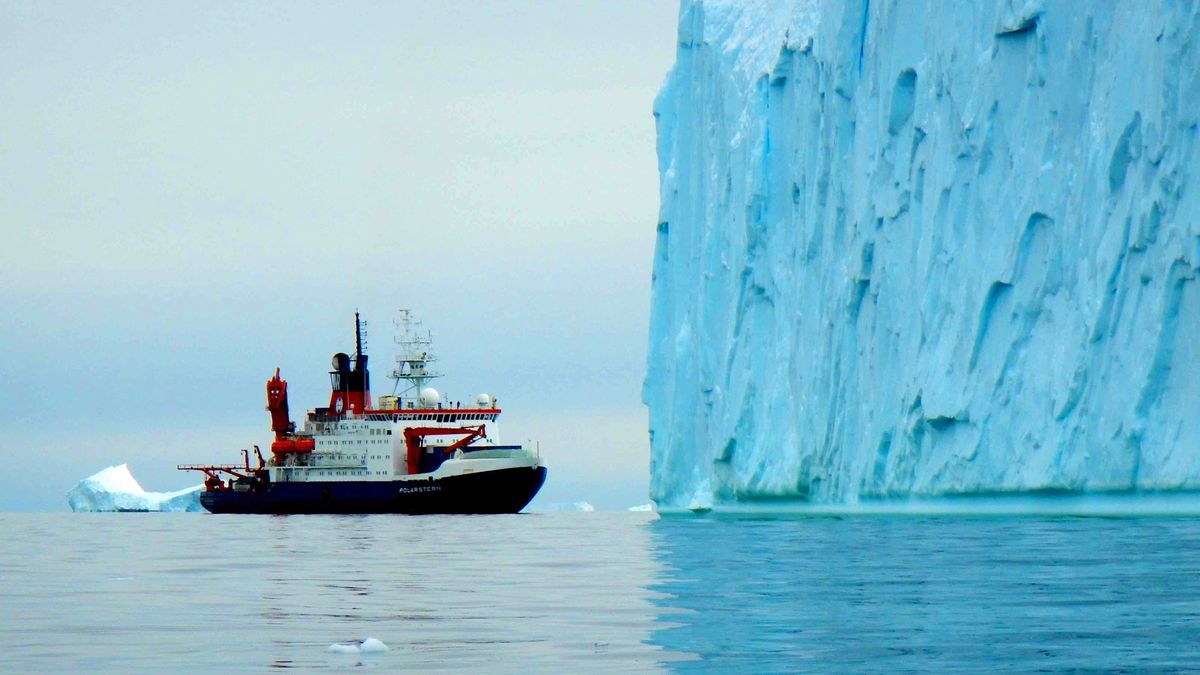
science
Giant river system that existed 40 million years ago discovered deep below Antarctic ice - Livescience.com
Kristel Tjandra
Geologistsdigging into the massive ice sheet ofWest Antarctica have discoveredthe remains ofan ancient river system that once flowed for nearly a thousand miles. The discovery offers a glimpse i ...[Continue Reading]
Live Science
7 days ago
Recent News (Science)
science
Pillars of Creation star in new visualization from NASA's Hubble and Webb telescopes - Phys.org
Science X
Made famous in 1995 by NASA's Hubble Space Telescope, the Pillars of Creation in the heart of the Eagle Nebula have captured imaginations worldwide with their arresting, ethereal beauty. Now, NASA h ...[Continue Reading]

Phys.Org
1 day ago
science
"Planet-Killer" Asteroid To Safely Fly By Earth Tomorrow - IFLScience
Dr. Alfredo Carpineti
Tomorrow, Earth will have a relatively close encounter with one of the largest known space rocks in the potentially hazardous asteroid class. It is known as 2011 UL21 and it is classed as a "planet-k ...[Continue Reading]

IFLScience
1 day ago
science
Comet will be visible in night sky for first time in nearly 70 years - MLive.com
Jack Wojczynski | jwojczynski@mlive.com
Astronomy lovers, a comet will be visible in the night sky this summer! Although you may need binoculars or a telescope to view it, itll be the first time this comet has been visible since 1956, acco ...[Continue Reading]

mlive.com
1 day ago
science
In a space fender bender (when stuff falls from the sky), who pays? - USA TODAY
Jeanine Santucci
When a Florida family filed a claim against NASA over "space junk" that fell through their roof earlier this year, it launched a potentially precedent-setting question: Who is liable when debris from ...[Continue Reading]

USA Today
1 day ago
science
New warm sub-Neptune exoplanet discovered with TESS - Phys.org
Tomasz Nowakowski
Using NASA's Transiting Exoplanet Survey Satellite (TESS), an international team of astronomers has discovered a new warm sub-Neptune exoplanet, which is nearly three times larger than the Earth. The ...[Continue Reading]

Phys.Org
1 day ago